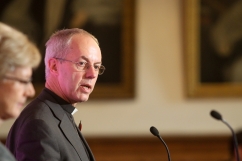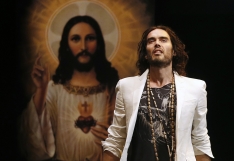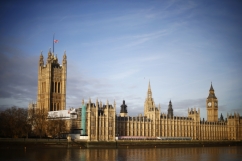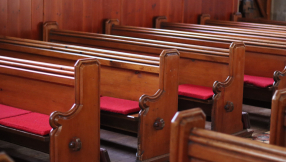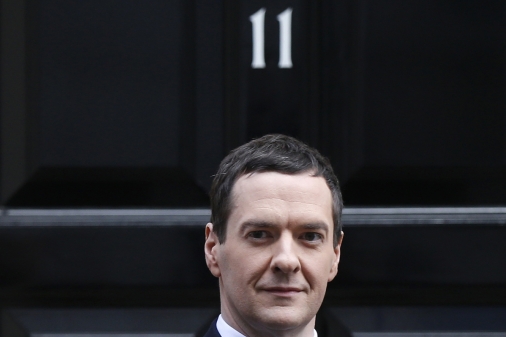
Chancellor George Osborne made his budget statement in the House of Commons today knowing that the General Election is only seven weeks away. Arguably, if ever there were a time for short-term thinking, this is it: after seven weeks, if the Conservatives are not elected with a working majority, the whole thing could come apart.
However, the Chancellor – restrained no doubt to a degree by his Liberal Democrat coalition partner – presented a budget that was workable and unflashy, with little that could be regarded as a pre-election bribe.
Opinions will vary as to its effectiveness. He began with a list of what he said were successes – 2.6 per cent growth in the UK economy in 2014 and 2.5 so far this year; record employment, with the jobless rate falling to 5.3 per cent; living standards now higher than in 2010 and inflation projected to fall to 0.2 per cent this year. International observers have praised his stewardship of the economy and he has arguably earned his bragging rights.
However, opponents from the other side of the House point out that the deficit is still stubbornly high and that Britain is more indebted than it was when the Coalition came to power. The shadow chancellor believes that if his plans had been followed, rather than Mr Osborne's, Britain would be in a much better position than it is, and without the undoubted pain many have suffered from the cuts – which will be sharper and deeper next time round, if the Conservatives are elected (Osborne is planning a further £30 billion in the next parliament).

The Chancellor also vaunted the fact that welfare bills will be an average of £3 billion lower each year than predicted in December. This is all well and good, but the churches have been at the forefront of complaints that the changes to the welfare system have been hitting the poor hardest. The punitive sanctions regime, which has seen people's benefits stopped because they have missed appointments or failed to fill in forms correctly, combined with the 'bedroom tax' which reduces housing benefits paid to people judged to have too many rooms, has arguably driven a rise in the use of foodbanks – something no one can take pride in.
Beer duty has been cut by a penny, cider by two pence and Scotch whisky by the same – all moves which would have caused howls of outrage from Nonconformists a couple of generations ago, but now pass with little comment.
Many will welcome the rise in the personal tax-free allowance from £10,600 in 2014-5 to £10,800 in 2015-6 and £11,000 in 2016-7 as a progressive move. However, anti-poverty campaigners are less impressed: Church Action on Poverty's spokesman Liam Purcell told Christian Today that it was "an enormous investment in what's mainly a cut for the rich". The announcement earlier this week of a rise in the minimum wage leaves him similarly unimpressed: it is still not a living wage.
For many Christians, the married couples tax allowance is an important symbol of the Government's commitment to marriage, and this is to rise to £1,100. It is hard to see it as anything other than a gesture – a couple of hundred pounds is unlikely to persuade people to stay together if they are determined to part – but sometimes gestures are important.
The bank levy will rise to 0.21 per cent, raising an extra £900 million – a tiny sum in the grand scheme of things, but not unwelcome. In a further indication that the Chancellor is willing to take on powerful interests – though hardly popular ones – banks will be barred from deducting compensation for mis-selling from corporation tax. For most of us, it was news that they ever could, and is a further illustration that the banks had become over-mighty subjects.
From a church point of view, two small domestic provisions are welcome. A £15 million church roof repair fund is to be trebled, a sign that the government is not unaware of its responsibilities to the Church of England (which will mainly benefit) as it cares for its crumbling stock of Grade 1 listed buildings. And the gift aid limit for small donations to charities is to be raised from £5,000 to £8,000, which is also helpful.











